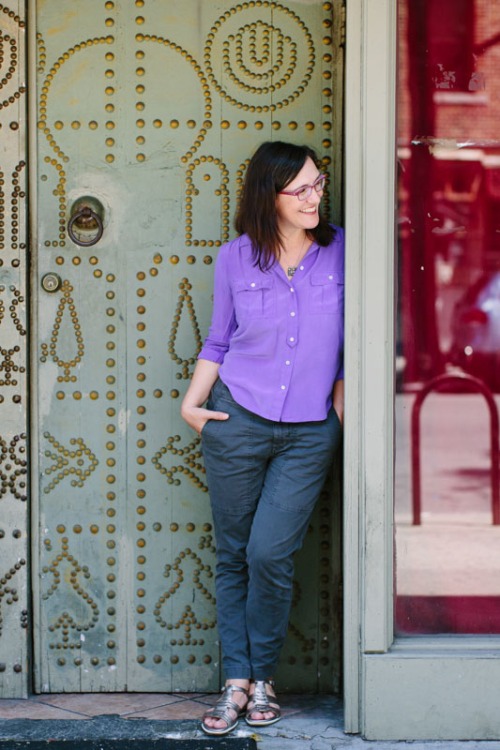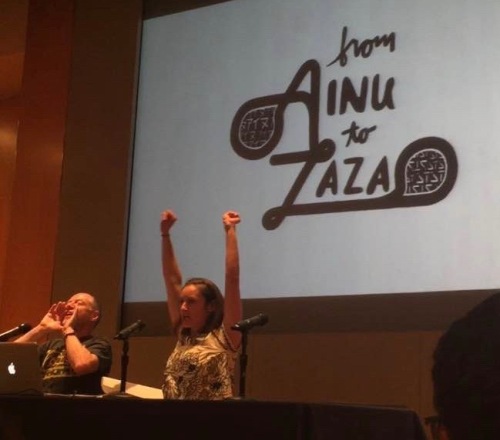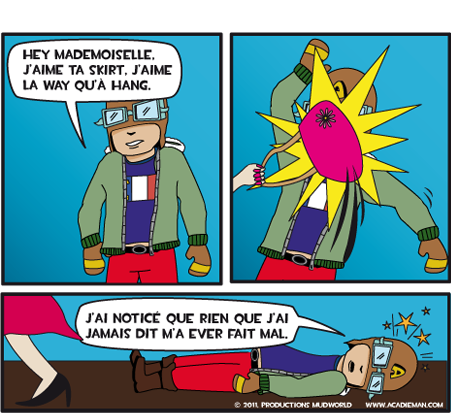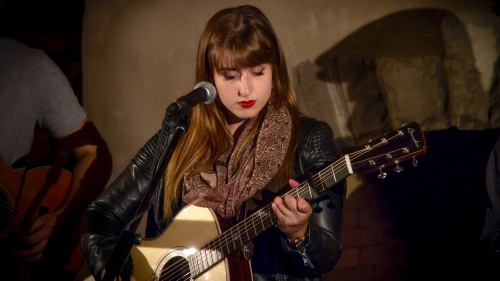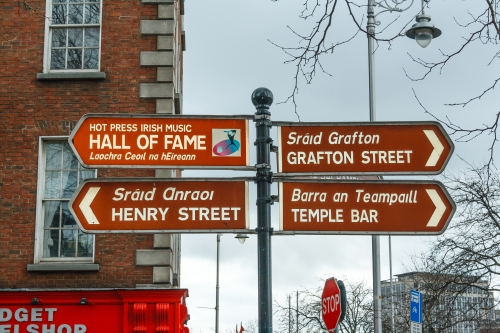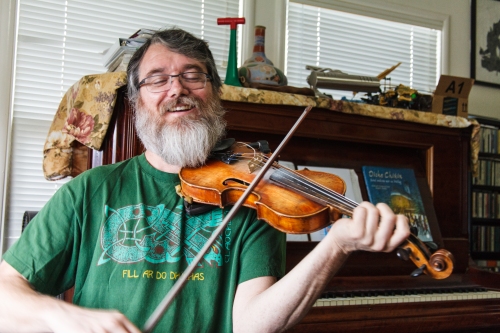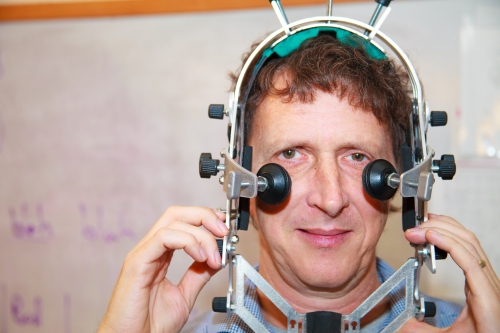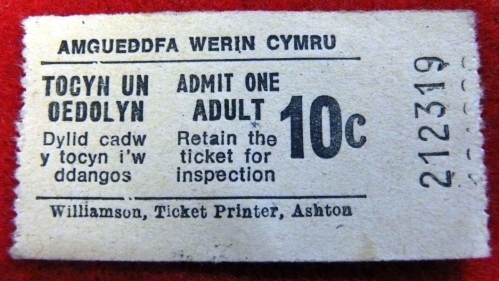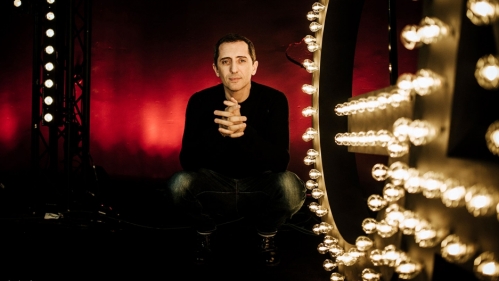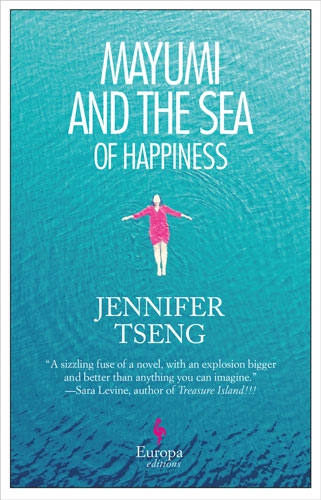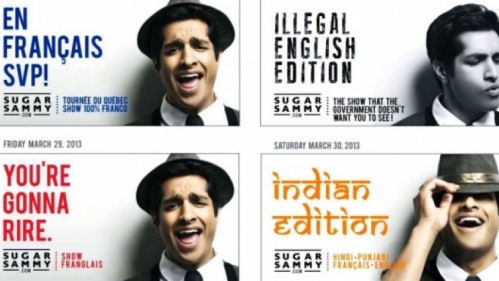Who learns Arabic in America, and why? The latest World in Words hears from a few American learners.
Very few Americans paid attention to Arabic until 9/11. Since then, the language has been associated with anti-American rhetoric and violence. Ridiculously so, if you ask Zora O’Neill. Arabic is a language, not a set of beliefs.
O’Neill grew up in New Mexico, studied Arabic in college and lived across the Arab world where she was exposed to several varities of the language.
When she hears someone exclaim, “Allahu akbar!” she does not run for cover thinking, as some Americans might, that a suicide bomber was about to detonate his device. Instead, she understands it as an expression of joy, praise and exuberance.“I was watching the Arab version of ‘The Voice,'” says O’Neill. “One of the judges jumped up on his red chair and shouted ‘Allahu akbar!’ about somebody singing. There is nothing innately malevolent about that phrase. Quite the opposite.”
The students learning Arabic in Hani Abo Awad’s class know this too. Awad, an Arab-Israeli, teaches at the Charles E. Smith Jewish Day School of Greater Washington. Alumna Carol Zall returns to the school in the podcast, and talks with both teachers and students about their affection for Arabic.
So if you think that the only Americans who learn Arabic are those who want to work for the Pentagon or the CIA, think again.
Podcast contents
00:20 How Zora O’Neill got her name. More on Zora here. And here’s her book on learning Arabic.
1:50 America’s image of Arabic takes a dark turn.
2:10 “Allahu akbar!”
3:40 “You got punked”
4:20 Learning Arabic at a Jewish school

Carol Zall age 17. This is cropped from a group photo of 12th graders at the Charles E. Smith Jewish Day School of Greater Washington. (Photo courtesy Carol Zall)
7:23 Carol meets the new Arabic teacher.
9:50 Hani gets used to Washington “Oh my gosh, the food.”
10:42 “Americans are nice.” “Are you serious???”
11:50 A surprise: students want to learn Arabic.
12:15 Is this school unique, the only Jewish school to teach Arabic?
14:55 Classical Arabic. “Where do you know that from?”
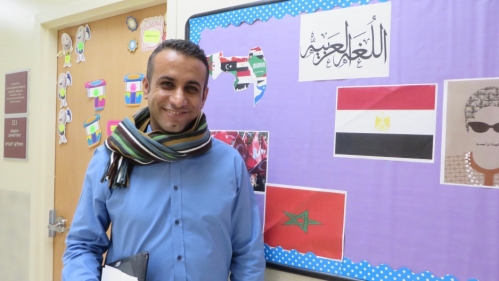
Hani Abo Awad teaches Arabic at the Charles E. Smith Jewish Day School of Greater Washington. He is an Arab-Israeli. (Photo: Carol Zall)
17:03 Elana’s T-shirt gets a reaction.
19:00 Learning French was less fraught.
19:50 “It’s not just a job”
20:20 Just say no to Hollywood.
23:00 The best years of Hani’s life.
The World in Words is also at PRI and on Facebook . And this is me on Twitter.

